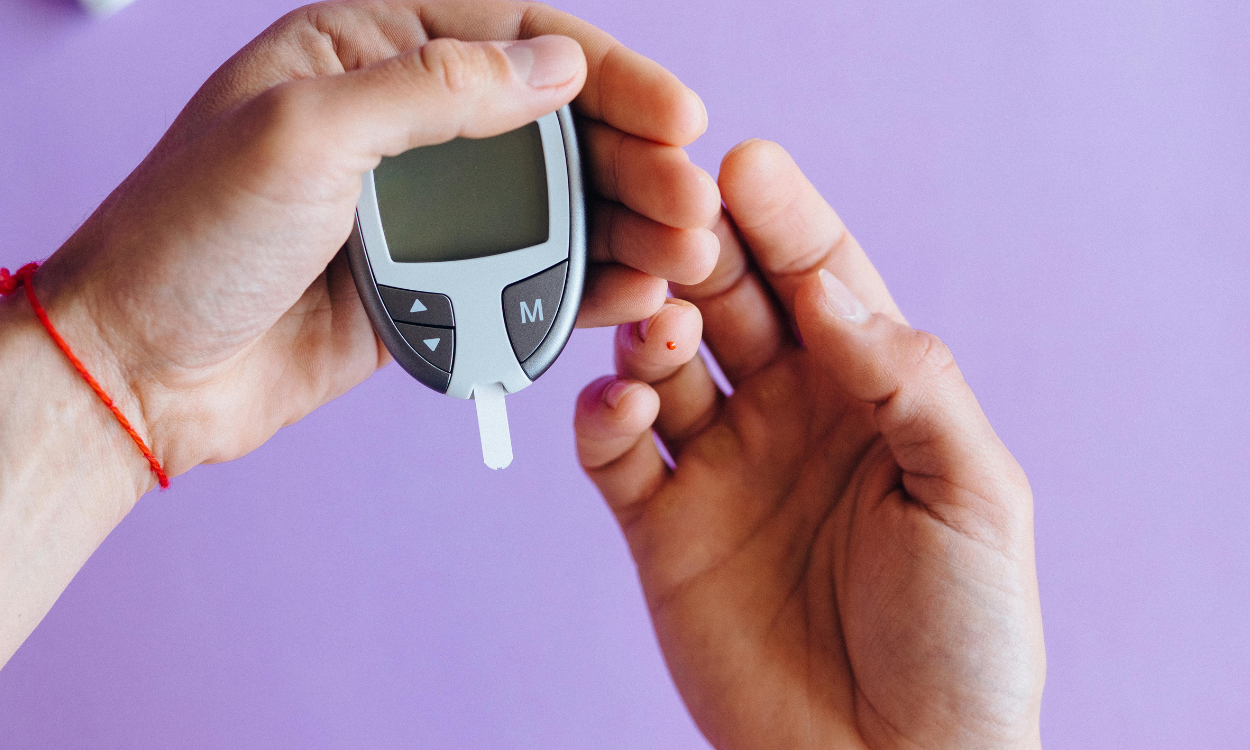Power Up Your Health: The Key to Blood Sugar Balance
Maintaining balanced blood sugar levels is a cornerstone of good health. When blood sugar levels are stable, the body functions optimally, energy is steady, and the risk of developing chronic illnesses like diabetes diminishes. In this article, we will explore why blood sugar balance is essential, the factors that influence it, and actionable tips to achieve and maintain it. Let’s power up your health together!

Understanding Blood Sugar Levels
Blood sugar, or blood glucose, is the main sugar found in the blood. It comes from the food we eat and is the body’s primary energy source. Glucose is carried to the body’s cells through the bloodstream and requires insulin, a hormone produced by the pancreas, to be absorbed and used for energy.
Normal Blood Sugar Levels
- Fasting blood sugar: 70-100 mg/dL (milligrams per deciliter)
- After meals: Below 140 mg/dL within two hours of eating
- HbA1c (average blood sugar over 3 months): Less than 5.7%
When blood sugar levels consistently fall outside these ranges, it can lead to health problems. High blood sugar (hyperglycemia) or low blood sugar (hypoglycemia) both come with risks.
Why Blood Sugar Balance Matters
Keeping blood sugar levels stable is vital for:
- Energy Stability: Fluctuations in blood sugar can lead to energy crashes and fatigue.
- Brain Health: The brain relies on glucose. Imbalances can affect mood, focus, and memory.
- Preventing Chronic Diseases: High blood sugar levels increase the risk of developing type 2 diabetes, heart disease, and kidney problems.
- Weight Management: Stable blood sugar reduces cravings and supports a healthy metabolism.
- Longevity: Balanced levels minimize the risk of complications associated with diabetes and aging.
Factors That Affect Blood Sugar Levels
Understanding what influences blood sugar is the first step in managing it effectively. Key factors include:
- Diet:
- Carbohydrates have the most significant impact as they break down into glucose.
- Protein and fats have a smaller effect but can still influence levels indirectly.
- Physical Activity:
- Exercise helps muscles absorb glucose without insulin, lowering blood sugar levels.
- Stress:
- Stress hormones like cortisol can increase blood sugar.
- Sleep:
- Poor sleep disrupts insulin function and blood sugar regulation.
- Medications:
- Some drugs, such as steroids, can raise blood sugar levels.
- Hydration:
- Dehydration can concentrate blood sugar, making it higher.
- Hormonal Changes:
- Hormonal fluctuations during menstruation, menopause, or other conditions can affect glucose levels.
How to Power Up Your Health and Balance Blood Sugar
Here are practical strategies to help you keep your blood sugar in check:
1. Eat a Balanced Diet
Your diet is the foundation of blood sugar control. Focus on these key principles:
- Choose Low-Glycemic Foods: Opt for foods that release glucose slowly, such as:
- Whole grains like oats, quinoa, and brown rice
- Non-starchy vegetables like spinach, broccoli, and peppers
- Fruits like berries, apples, and oranges
- Combine Macronutrients: Pair carbohydrates with protein and healthy fats to slow glucose absorption.
- Limit Refined Sugars: Avoid sugary drinks, candies, and baked goods that cause rapid spikes.
- Portion Control: Eating large portions can overwhelm the body’s ability to manage glucose.
2. Stay Physically Active
Exercise is a powerful tool for blood sugar management. It increases insulin sensitivity and helps the body use glucose effectively. Aim for:
- Aerobic Exercises: Walking, swimming, or cycling for 30 minutes daily.
- Strength Training: Incorporate weightlifting or resistance bands twice a week.
- Consistency: Regular activity is more beneficial than occasional high-intensity workouts.
3. Manage Stress
Chronic stress can wreak havoc on blood sugar levels. Combat stress with:
- Mindfulness Practices: Meditation, deep breathing, or yoga.
- Hobbies: Engage in activities that bring joy and relaxation.
- Time Management: Avoid overloading your schedule.
4. Get Quality Sleep
Sleep is essential for blood sugar regulation. To improve sleep:
- Stick to a Schedule: Go to bed and wake up at the same time daily.
- Create a Sleep-Friendly Environment: Keep your bedroom dark, quiet, and cool.
- Avoid Late-Night Snacking: Eating before bed can disrupt insulin levels.
5. Stay Hydrated
Water is crucial for maintaining optimal blood sugar levels. Dehydration can lead to higher concentrations of glucose in the blood. Drink:
- At least 8-10 glasses of water daily.
- More if you exercise or live in a hot climate.
6. Monitor Your Blood Sugar
For those at risk or already managing diabetes, regular monitoring is key. Use a glucometer to:
- Check fasting blood sugar in the morning.
- Measure levels two hours after meals.
- Keep a record to identify patterns and triggers.
7. Avoid Alcohol and Smoking
Both alcohol and smoking can negatively impact blood sugar:
- Alcohol: Can cause spikes or dangerous drops in blood sugar.
- Smoking: Increases insulin resistance and leads to higher blood sugar levels.
8. Consider Supplements
Certain supplements may support blood sugar balance. Consult a healthcare provider before use. Common options include:
- Chromium: Helps improve insulin sensitivity.
- Magnesium: Supports glucose metabolism.
- Alpha-Lipoic Acid: An antioxidant that may lower blood sugar levels.
9. Build a Support System
Managing blood sugar is easier with the support of friends, family, or healthcare professionals. Join:
- Diabetes support groups.
- Online communities focused on healthy living.
- Cooking classes to learn how to prepare balanced meals.
When to Seek Medical Advice
If you experience symptoms of blood sugar imbalance, consult a healthcare provider. Signs include:
- Persistent fatigue
- Excessive thirst or hunger
- Frequent urination
- Blurred vision
- Unexplained weight changes
Early intervention can prevent complications and improve quality of life.
Conclusion
Balancing blood sugar is a lifelong journey that requires mindful choices. By adopting a balanced diet, staying active, managing stress, and monitoring your levels, you can power up your health and reduce the risk of chronic illnesses. Remember, small changes can lead to significant improvements. Start today, and take control of your blood sugar for a healthier tomorrow!





